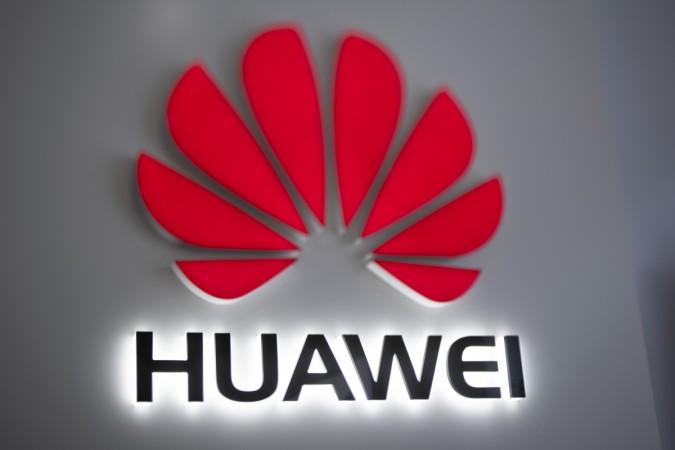
In a development that could further escalate the trade tussle between the United States and China, Huawei Technologies Co.'s chief financial officer was arrested in Canada on December 1, on behalf of the US. Meng Wanzhou, also known as Sabrina Meng and Cathy Meng, is reportedly suspected of violating US sanctions on Iran and now faces extradition to the nation.
A Canada Justice department official on Wednesday, December 5, said that US Department of Justice had opened the investigation in April and was probing if the telecommunications brand sold gear to Iran despite a ban on exports to the region.
"She is sought for extradition by the United States, and a bail hearing has been set for Friday," the official said in a statement, according to Al Jazeera. However, he declined to give out further details of the case.
Meanwhile, Al Jazeera's John Hendren said that this could end up as a "huge blow" to the brand.
"Huawei is one of the largest makers of smartphones. It uses parts from the US, which has sanctions against Iran, and it doesn't want its parts being used there - so Meng was reportedly arrested in Canada on suspicion of circumventing those trade sanctions," Hendren said, adding that Huawei "could lose access to the US parts it's using to make its smartphones - that's what happened last year to ZTE, another Chinese company, which paid $892m for violating US sanctions."
The US has been voicing concerns about Huawei operations since 2016, claiming that the brand could install back doors in their equipment, which would, in turn, let them monitor users of the device in the US. Even though the brand had categorically denied these allegations, the Pentagon had stopped providing Huawei devices to its armed forces and retailer Best Buy too stopped the sale of Huawei products, reported Bloomberg.
Asian shares fall
After the news of Meng's arrest broke, Asian shares saw a sharp plunge in early morning trade on December 6. Hong Kong witnessed the steepest fall and the Hang Seng Index dropped more than 2 percent from December 5.
Stocks related to the Chinese telecommunications brand were affected and rival ZTE, which has had similar issues with the US, also bore the brunt. ZTE stocks tumbled more than 6 percent at one time.
With this, investors expect trade tensions between the US and China to escalate and hence sold quite a bit of their capital. "The trade issue between China and the U.S. is deep-rooted, and will likely continue to affect China-related shares," Nikkei Asian Review quoted Yoshinori Ogawa, senior strategist at Okasan Securities as saying.
"With such high volatility, investors are unable to fully inject their money into shares."
What Huawei has said
Huawei, in a statement, said that Meng was arrested in Canada on behalf of the US and could be extradited to "face unspecified charges" in the Eastern District of New York. However, it clarified that the company was not aware of the accusations and did not know of any wrongdoing on Meng's part.
"The company has been provided very little information regarding the charges and is not aware of any wrongdoing by Ms. Meng," Huawei said.
"The company believes the Canadian and U.S. legal systems will ultimately reach a just conclusion. Huawei complies with all applicable laws and regulations where it operates, including applicable export control and sanction laws and regulations of the UN, U.S. and EU."
China demands release
Meanwhile, China has demanded that Meng be released immediately and believes her arrest is in violation of human rights.
At the request of the US side, the Canadian side arrested a Chinese citizen not violating any American or Canadian law. The Chinese side firmly opposes and strongly protests over such kind of actions which seriously harmed the human rights of the victim," the spokesperson of the Chinese Embassy in Canada said in a statement.
"The Chinese side has lodged stern representations with the US and Canadian side, and urged them to immediately correct the wrongdoing and restore the personal freedom of Ms. Meng Wanzhou. We will closely follow the development of the issue and take all measures to resolutely protect the legitimate rights and interests of Chinese citizens."

















